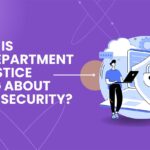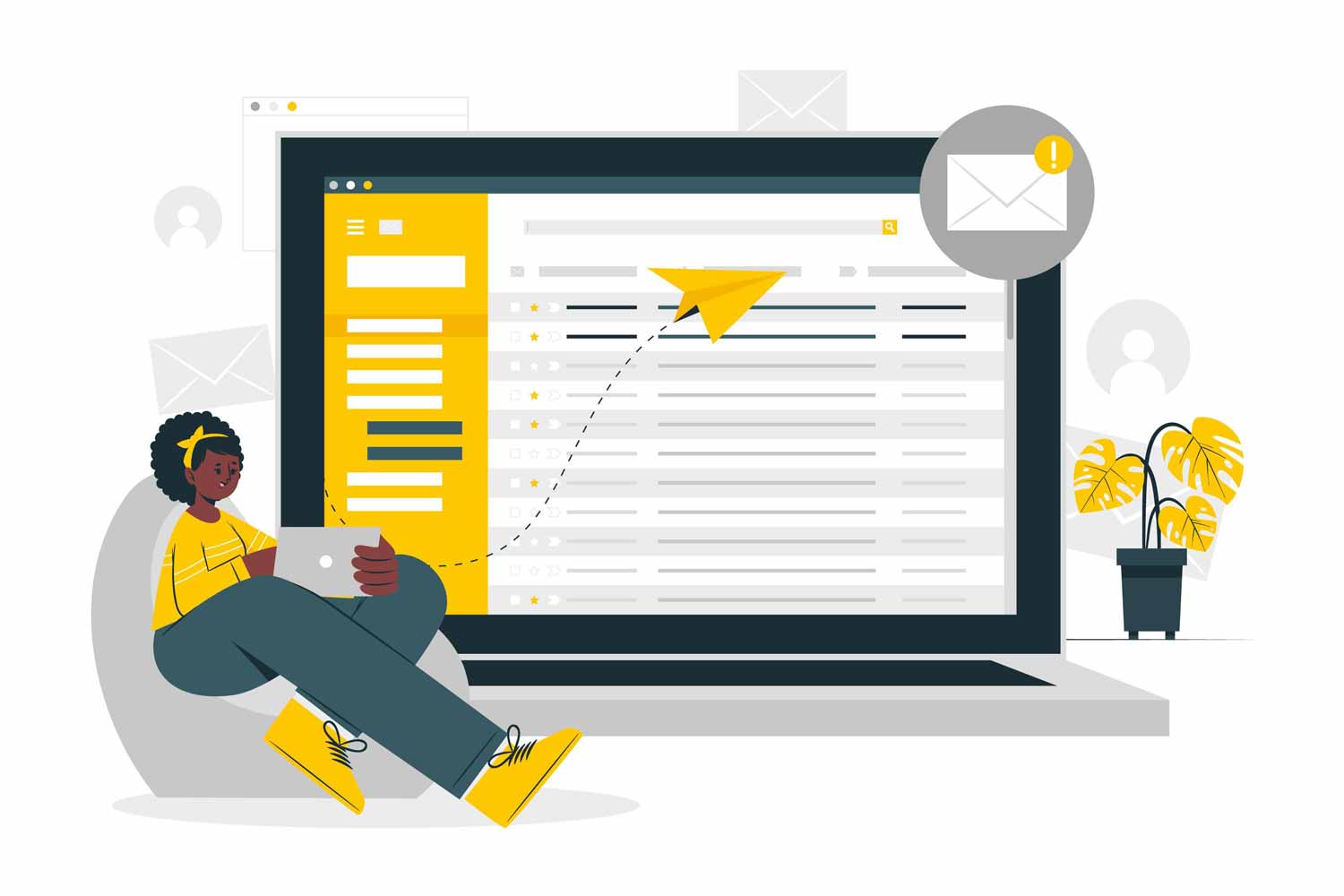The internet is where we shop, communicate, work and do our banking. We spend so much of our time online that we can get a bit complacent about our security. We turn off two-factor authentication because it’s a hassle, we reuse the same passwords because it’s annoying to have to remember tons of different passwords and we leave our accounts logged in for simplicity’s sake.
Most of the time, we don’t face any consequences for these shortcuts that we take. However, we do leave ourselves open to having our identity stolen, losing our sensitive data and being hacked. Just installing an anti-virus software is an outdated approach that only protects you from one type of threat.
In this article we’ll go over the five key steps to keeping yourself safe online in 2022.
Use a VPN
A Virtual Private Network, or VPN, is an essential tool for staying safe online. It is a tool to keep your identity and information secure by sending your web traffic through an encrypted tunnel. This masks your IP address and allows you to browse securely and to access content that is limited to a certain region.
If you live in Georgia, for example, the laws regulating online gambling are fairly relaxed and there are many trustworthy online casinos to choose from. However, if you live in Russia, it is much harder to access legal online casinos. A VPN would allow you to access the best Georgian online casinos in a safe and secure manner.
Make your passwords secure
It might be a joke that most passwords are just ‘1234’ or ‘abcd’ but it’s worrying how many people don’t actually bother to create good passwords. Many of us fall into the bad habit of reusing the same easy to remember password across multiple websites. While this is easy, it isn’t secure. Your passwords should always be as strong as possible. There is also passwordless authentication that works even stronger than traditional passwords.
A password manager is a great way to keep your passwords secure. This software can generate a strong password and then store it in an encrypted database until you need to access the website again. Using a password manager means you can have long, strong, unique passwords without having to worry about remembering all of them.
Use secure Wi-Fi networks
When you’re out and about, it can be very tempting to connect to any available and unsecured Wi-Fi network. Any information you enter while connected to an unsecured network can be intercepted by hackers. This includes any account information and passwords.
Using secure Wi-Fi networks — ones that are encrypted and require passwords or another form of authentication — is a simple step to keep yourself safe.
Keep your privacy settings updated
Privacy settings are easy to overlook, especially when we’re in a hurry to set up an account or there have been a few updates and it feels like too much of a hassle to reset them. Keeping your privacy settings up to date is actually one of the most important ways to protect your identity online. They are especially important on social media sites and to prevent the sale of your data.
Privacy settings limit who can see what you post or interact with your posts online. For example, you might want all your friends to know that you’re leaving for a vacation but if your account is public, anyone can see that your house will be empty making it a target for burglars.
Tightened privacy settings can also limit how much of your personal information and data are sold to companies. If you don’t want to be stalked across the internet for months by an ad for a product you briefly considered buying, make sure to limit what cookies you accept.
Be scam aware
This last step is more difficult to implement than the others because it doesn’t involve downloading software or clicking the right boxes. Being scam aware requires you to use critical thinking skills whenever you’re interacting with content online. There are more scammers than ever these days, but their techniques have largely stayed the same.
The basic ways to protect yourself from scams online include never clicking links in suspicious emails or texts, confirming by telephone or by a known email address any odd requests for information, and never giving out your personal information.
If something seems too good to be true it probably is. If Amazon, the IRS or your bank sends you an email demanding your personal information, it’s a scam. Not everything will be this obvious but using caution and critical thinking can save you from a great deal of stress and anxiety.









